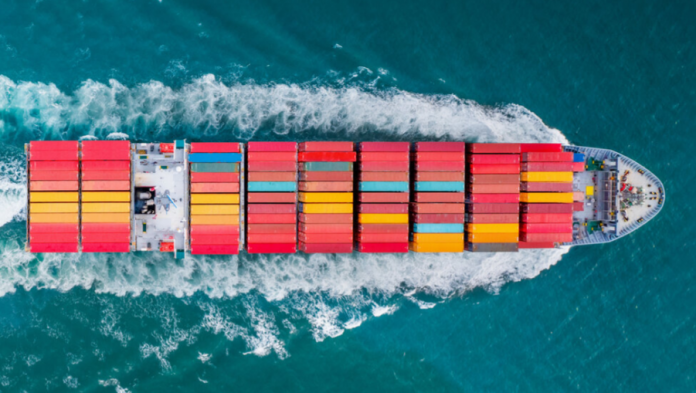SulNOx’s all-natural, fully biodegradable fuel conditioner continues to show its worth as a market-ready tool in the maritime industry’s arsenal for assisting in meeting International Maritime Organization (IMO) and European Union (EU) standards on vessel emissions.
Fuel conditioner SulNOxEco™ decreased marine diesel consumption in a two-stroke marine diesel engine by more than 5% in real-world conditions during a five-month study conducted in collaboration with a Hamburg-based shipping firm and a renowned Northern German maritime university.
The evaluation project opens the door to considerable fuel savings and emissions reductions across the maritime industry by utilizing SulNOx’s “no-capex” drop-in fuel conditioners for a variety of common marine fuels.
The newest proof of the fuel conditioner’s performance reveals its potential to assist shipowners and operators in meeting global and regional emissions requirements, such as the International Maritime Organization’s Carbon Intensity Indicator (CII) and the EU Emissions Trading System (EU ETS).
“Meeting the maritime industry’s emissions reduction target is an ecological and moral imperative and also makes perfect business sense. Shipowners face tough decisions on future fuel choices, but we must take action on decarbonisation today. Our fuel conditioners are an immediate, easy win to make the most of current fuels, save money and cut harmful emissions,” stated Ben Richardson, CEO of SulNOx.
During commercial voyages in the North Atlantic Ocean and the Mediterranean Sea, SulNOxEco™ Diesel Conditioner was added to the vessel’s fuel under real-world operating circumstances. gasoline consumption measurements were collected at 60% and 70% engine load on the two-stroke MAN B&W 6S35MC engine and then repeated using SulNOxEco™ treated fuel.
Using a 1:2000 ratio of SulNOxEco™ Diesel Conditioner in MDO fuel (DIN ISO 8217), the project showed a continuous 5-6% reduction in specific fuel consumption.
The project partners want to conduct more trials of SulNOxEco™ on an engine running VLSFO, with specialists from the shipping firm and the university anticipating even larger fuel savings.







